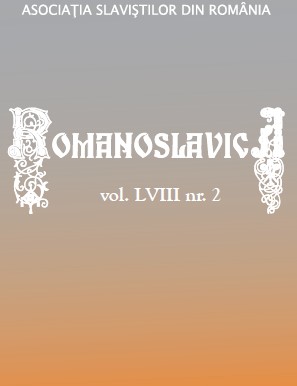Problemy nauczania języka polskiego dzieci z polskich rodzin rosyjskojęzycznych na przykładzie Republiki Mołdawii
Problems of Teaching Polish to Children From Polish Russian-Speaking Families on the Example of the Republic of Moldova
Author(s): Agnieszka DANOWSKA-NOWAKSubject(s): Foreign languages learning, Language acquisition, Comparative Linguistics, Western Slavic Languages, Eastern Slavic Languages
Published by: Asociația Slaviștilor din România
Keywords: Poles in the Republic of Moldova; Polish language in post-Soviet countries; Polish teachers in post-Soviet countries; Polish teaching system in the Republic of Moldova; teaching Polish;
Summary/Abstract: The article tries to show the complicated situation of teaching Polish to children from Russian-speaking families on the example of the Republic of Moldova, from the didactic point of view. The author of the article taught there in the years 2003-2005 in a kindergarten in Chisinau. In the independent (since 1991) Republic of Moldova (formerly a Soviet republic), the Polish language was rarely used among Poles living there, the dominant language was Russian, rarely Romanian. The Poles living there gradually forgot the Polish language. It also happened that in the Soviet times, fear of reprisals, the family stopped using the language of their ancestors. Therefore, when starting to learn Polish, a child learns it as a foreign language, the learning of which is characterized by an organized process spread over time. After 1991, the Polish language is attractive, which is related to the prestige of Polish culture and the good economic situation of Poland. For the methodology of language teaching, this meant two important issues: the need to take into account the transition from Russian, and less often Romanian, to Polish, and the need to refer to the communicative approach through a comparative linguistic analysis.
Journal: Romanoslavica
- Issue Year: LVIII/2022
- Issue No: 2
- Page Range: 7-19
- Page Count: 13
- Language: Polish

